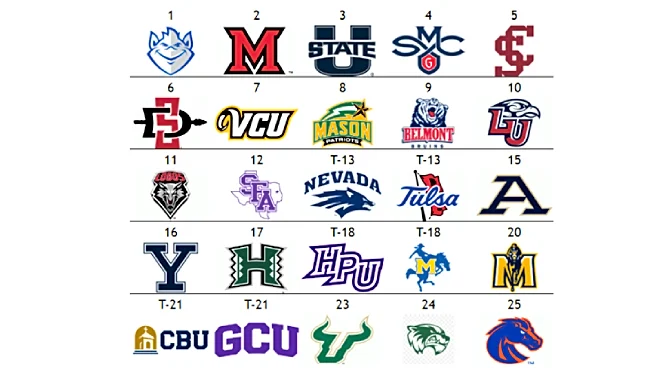Rapid Read • 8 min read
Toyota has projected a significant financial impact due to US import tariffs, estimating a $9.5 billion hit to its fiscal year 2026 results. The company's Q1 2025/26 report, released on August 7, outlines the expected consequences of a 12.5% tariff rate on Japanese automotive goods from August 2025 to March 2026. This projection is based on the assumption that the current 15% rate will be reduced, while tariffs on Canadian and Mexican imports remain at 25%. The forecast highlights the challenges Toyota faces in navigating international trade policies and their implications on its financial performance.
AD
The anticipated financial impact on Toyota underscores the broader implications of US trade policies on international automotive manufacturers. With tariffs affecting the cost of imported goods, companies like Toyota may face increased production costs, potentially leading to higher prices for consumers. This situation could influence market dynamics, affecting competition and consumer choice in the automotive industry. Additionally, the financial strain on Toyota may prompt strategic adjustments, such as shifts in supply chain management or investment in local production facilities to mitigate tariff effects.
Toyota may need to explore strategies to offset the financial impact of tariffs, such as negotiating trade agreements or increasing local manufacturing capabilities. The company could also engage in lobbying efforts to influence tariff policies or seek alternative markets to diversify its revenue streams. Stakeholders, including industry leaders and policymakers, will likely monitor these developments closely, as they could have significant implications for the automotive sector and international trade relations.
The tariff situation raises questions about the long-term sustainability of current trade policies and their impact on global economic relations. It highlights the need for companies to adapt to changing geopolitical landscapes and consider ethical implications of their business strategies. The situation may also prompt discussions on the balance between protecting domestic industries and fostering international trade partnerships.
AD
More Stories You Might Enjoy













